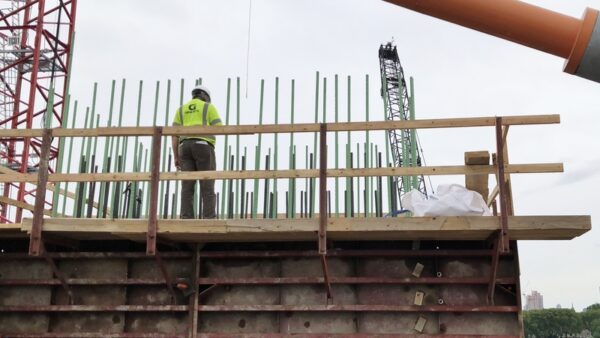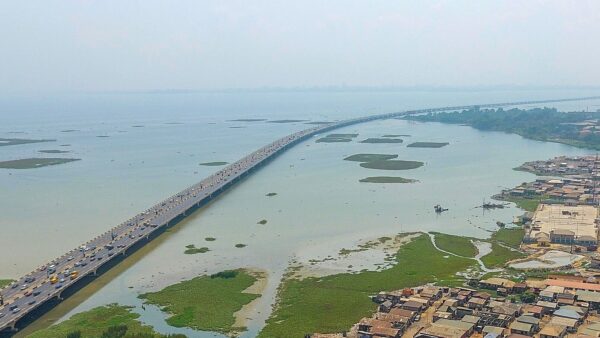Research on how buildings and infrastructure can survive more frequent floods, gales and heatwaves caused by climate change will ramp up in the UK following the announcement of a new funding programme.
The largest UK charity dedicated specifically to built environment research, the BRE Trust, has announced a major three-year funding programme to improve the resilience of buildings and infrastructure to the growing threats of flooding, wind damage and overheating associated with climate change.
Our built environment is struggling to cope with a rapidly changing world– Guy Hammersley, BRE Group Board Director, Research & Innovation
In January 2014 parts of the UK experienced rainfall of three times the historic average. An estimated 7,000 properties were flooded and 750,000 homes were left without power.Â
This added to growing evidence that the early impacts of climate change will be the more frequent occurrence of damaging weather events, ranging from storms and flooding to heatwaves and droughts.
“Last year’s devastating floods and storms revealed our vulnerability to extreme weather and were indicative of wider resilience problems,” says Guy Hammersley, BRE Group Board Director, Research & Innovation.Â
“Our built environment is struggling to cope with a rapidly changing world, and there is an urgent need to strengthen its resistance to short-term shocks and long-term change – and to improve its ability to quickly recover from crises.”
To this end the BRE Trust, is funding a Resilient Built Environment themed research programme, with a focus on climate resilience. Flooding, wind and overheating are priority areas for the programme.
Work will start this month on five initial projects:
- Repair standards for flood resilient homes;
- Wind loading on buildings – since more than 90% of wind damage occurs at wind speeds below the basic design wind pressure, this project will address this serious performance gap;
- Tackling overheating in urban dwellings;
- Resilience to natural disasters;
- Community resilience: assessing and managing resilience at a community level.
Photograph: Flooded farmland in Oxfordshire, UK, in February 2014 (Sergeant Mitch Moore/Wikimedia Commons)






